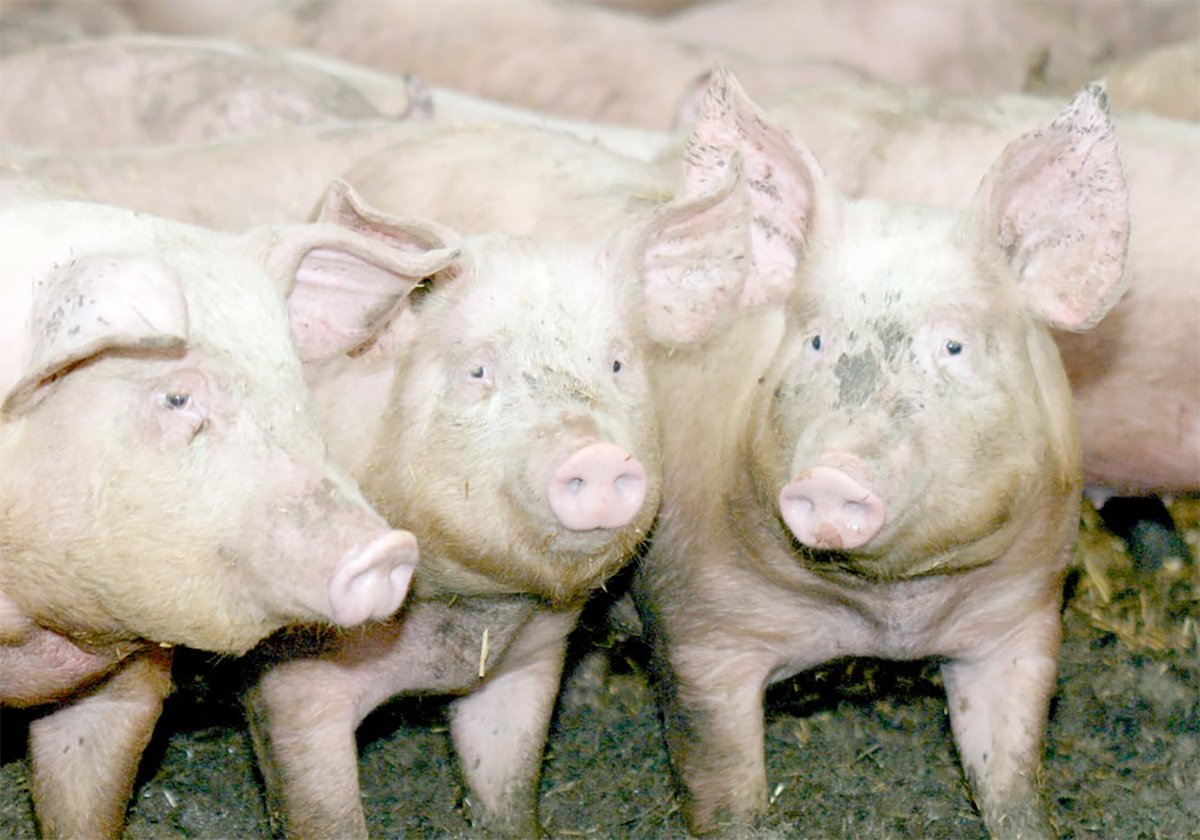DENVER, Colo. – The National Cattlemen’s Beef Association wants the
American government to implement a voluntary country of origin meat
labeling law.
Kansas producer Dana Hauck believes the U.S. Congress will take the
request seriously as it considers the 2002 Farm Bill.
“The fact that the president (George W. Bush) came here shows we have
considerable influence,” said Hauck after a contentious vote at the
NCBA international markets committee meeting Feb. 8.
Bush spoke to the cattle producers association earlier that day with
Read Also

The Western Producer Livestock Report – November 13, 2025
Western Producer Livestock Report for November 13, 2025. See U.S. & Canadian hog prices, Canadian bison & lamb market data and sales insights.
promises to open borders and promote fair trade.
The vote for voluntary instead of mandatory labelling was a victory for
Canadian cattle producers attending the association’s annual convention
in Denver.
John Morrison, president of the Canadian Cattlemen’s Association said
mandatory labelling proposals present an artificial trade barrier in
the North American market.
Last year, 230,000 American born feeder cattle entered Canada where
they were finished and slaughtered either in Canada or the U.S. About
one million Mexican feeders were shipped north mostly to Texas and
Arizona.
“Under country of origin labelling, these would be cattle without a
home,” he told the committee.
Morrison also pointed out mandatory labelling could make retail beef
more expensive and diminish progress made on the demand side in both
countries.
“What would happen is that the consumer, instead of paying the higher
price for beef, would say, ‘we’re going to buy chicken.’ “
The resolution presented by the Kansas Livestock Association asked the
national organization to promote voluntary labelling for beef born,
raised and processed in the U.S.
Hauck told the committee the proposal for mandatory labelling could be
an added expense consumers might not be willing to pay.
“It is going to add additional costs to the end product for the
consumer.”
Additional regulatory staff from the United States Department of
Agriculture would be required and their services would add costs to the
inspection system.
Mandatory labelling could weaken the U.S.’s ability to challenge
country of origin labeling in other countries, said Hauck.
Texan Alan Smith said mandatory labelling requires regulatory
verification.
“Without it you have a hollow program,” he said in opposition to
compulsory labels.
A hard-line resolution from Nebraska demanded mandatory labelling of
all beef and veal products with a country of origin and specific
designation for American beef that was born, raised and slaughtered in
the U.S.
Those supporting that resolution argued the cost would likely be less
than a penny per pound. And whatever the cost, it would strengthen
sales of American beef and build consumer trust among those who prefer
the domestic product.
Others said identifying American beef in markets like Japan is a good
sales tool because consumers equate it as a mark of quality.
Spokespeople from states like Montana, Oregon and Colorado warned that
many grassroots producers want mandatory labelling and if they do not
get it, they would fault the NCBA.
The issue has circulated in various forms for several years. During the
2002 farm bill debate the question picked up speed when a congressional
amendment was passed to label fruit and vegetables.















